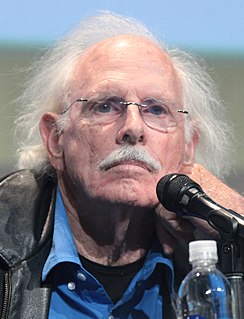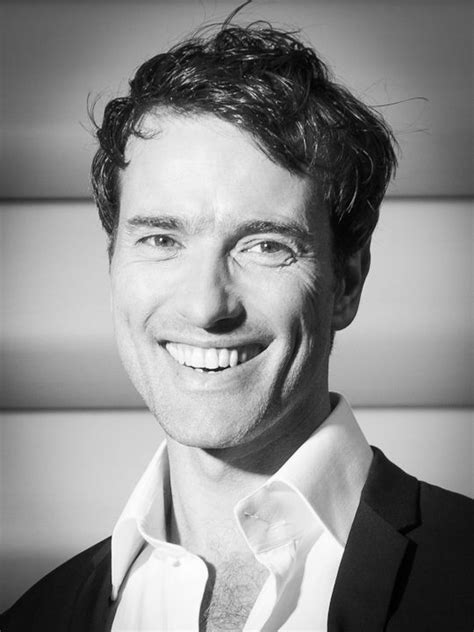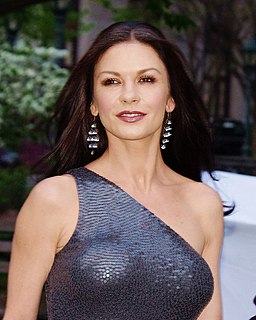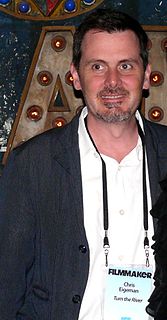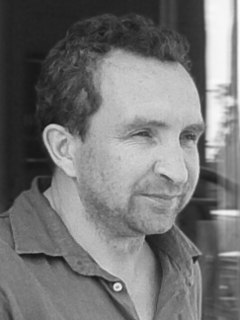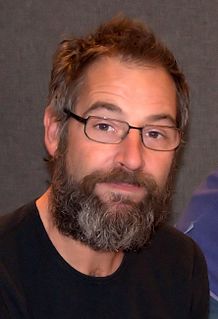A Quote by Sam Shepard
It's hard to explain why exactly, but I think that when I began writing plays, it was from an actor's point of view more than anything. I had the feeling that if you put yourself in the position of the actor on stage and write from that perspective, it would give you a certain advantage in terms of being inside of the play.
Related Quotes
The perspective of eternity is not a perspective from a certain place beyond the world, nor the point of view of a transcendent being; rather it is a certain form of thought and feeling that rational persons can adopt within the world ... Purity of heart, if one could attain it, would be to see clearly and to act with grace and self-command from this point of view.
Since I've started to star in pictures I have always managed to retain my singularity of purpose when I got into the business, which was to be an artist, as an actor, more than anything else. But to get the certain kind of role you want, you have to be in a certain position in the business and it's dog-eat-dog and it gets very hairy and you can lose your point of view sometimes.
When an actor plays a scene exactly the way a director orders, it isn't acting. It's following instructions. Anyone with the physical qualifications can do that. So the director's task is just that – to direct, to point the way. Then the actor takes over. And he must be allowed the space, the freedom to express himself in the role. Without that space, an actor is no more than an unthinking robot with a chest-full of push-buttons.
Sometimes perception is almost more important than the skill level of an actor. And if you give too much away, you have nothing to take for yourself and put onscreen. If people feel like they know you too well, they won't be able to indentify with the character you're trying to portray. Or they'll feel that you're just playing yourself, and then you just become a personality actor. And that's the death of any actor.
Business is very personal. For me, everything is extremely personal. With actors, the fact that I write helps, because when you say to an actor "Oh I want you to do it a little bit more ...," without saying what you want more of, then the actor doesn't know what to do. But if you can put into words exactly what you want, then the experience of writing is helpful with that.
Being an actor in TV or movies is different. A film or TV actor, if put in theatre, won't know certain dimensions, while a theatre actor won't know certain things when he comes before the camera. So I think a film actor can learn emoting from this theatre counterpart, while the theatre actor can learn about camera techniques from the film actor.



